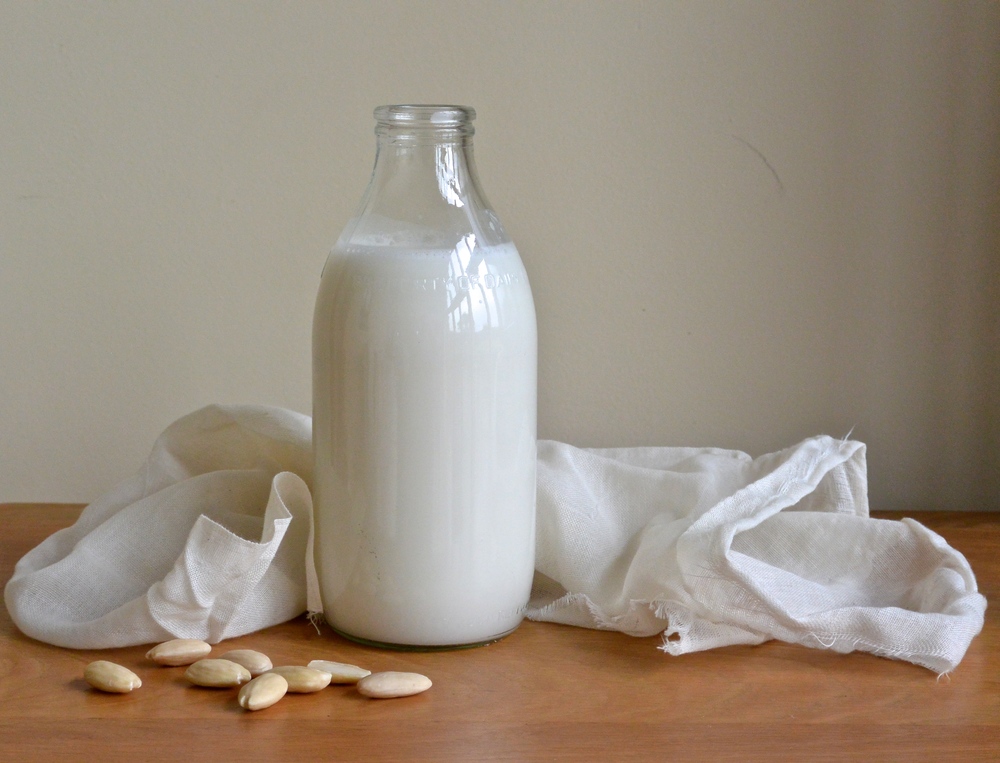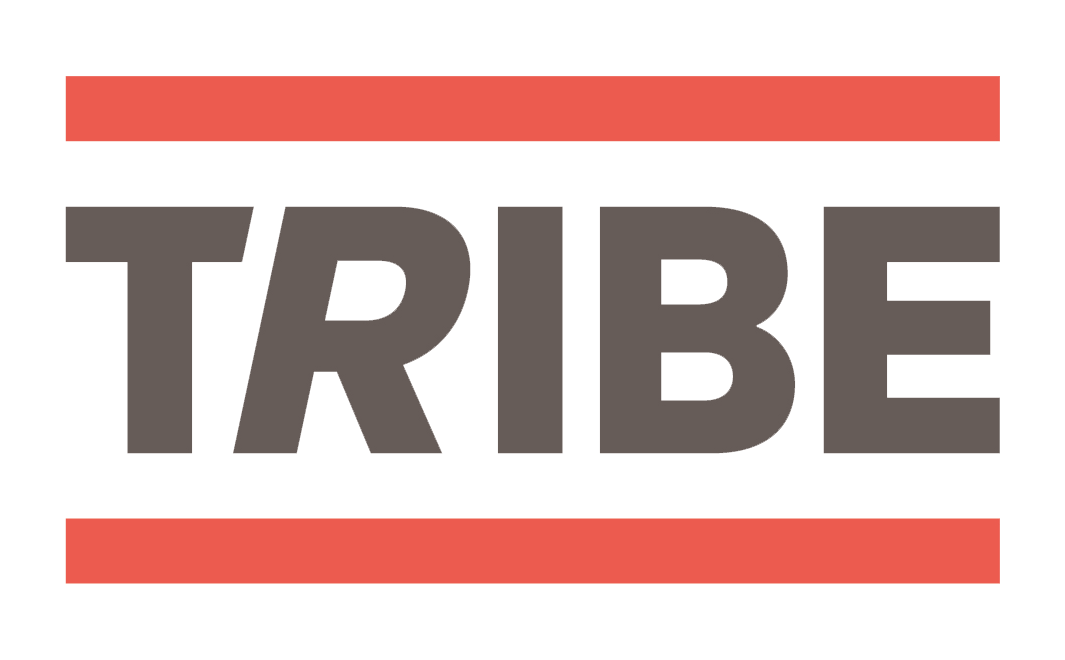Non-dairy milks... The latest fad or a healthier, more sustainable alternative to dairy? To coincide with the launch of TRIBE Shakes, TRIBE’s Georgie Davies looks at the pros & cons of your potential shake-mixers and picks her winner!
1) RICE:
Protein: 0.1g protein per 100ml
Pros: Low in fat. High in niacin & vitamin B6. Hypoallergenic, so a great alternative for those with lactose or nut allergies.
Cons: 1 cup of rice milk can contain up to 33 grams of sugar - read the small print!
TRIBE Score: 7/10
2) SOY:
Protein: 3.1g protein per 100ml
Pros: A good source of protein & calcium
Cons: A large proportion of soy is genetically modified. Research also shows it can contain phytoestrogens, plant-based hormones that may, in excess, lead to dips in testosterone, so often avoided by men.
TRIBE Score: 6/10
3) OAT:
Protein: 1g protein per 100ml
Pros: 100% plant based, made with oats which contain 50% soluble dietary fibre, including beta-glucan which is linked to stabilizing blood sugar levels. In the UK - where oats are local - likely to be the most environmentally friendly "milk" there is.
Cons: Not great in tea.
TRIBE Score: 8/10
4) DAIRY:
Protein: 3.4g protein per 100ml
Pros: Milk is a complete nutritive source, providing a balance of macronutrients, protein, fat, and carbohydrates, as well as plenty of calcium.
Cons: Many consumers are moving from dairy due to the reported environmental impact.
TRIBE Score: 8/10
5) ALMOND:
Protein: 0.4g per 100ml
Pros: High in magnesium - great for bone strength - and a natural source of vitamin E.
TRIBE Score: 9/10
Make it even better and try make your own! Use this super quick and easy, Homemade Almond Milk Recipe from Serena, from The Herb Diaries.

